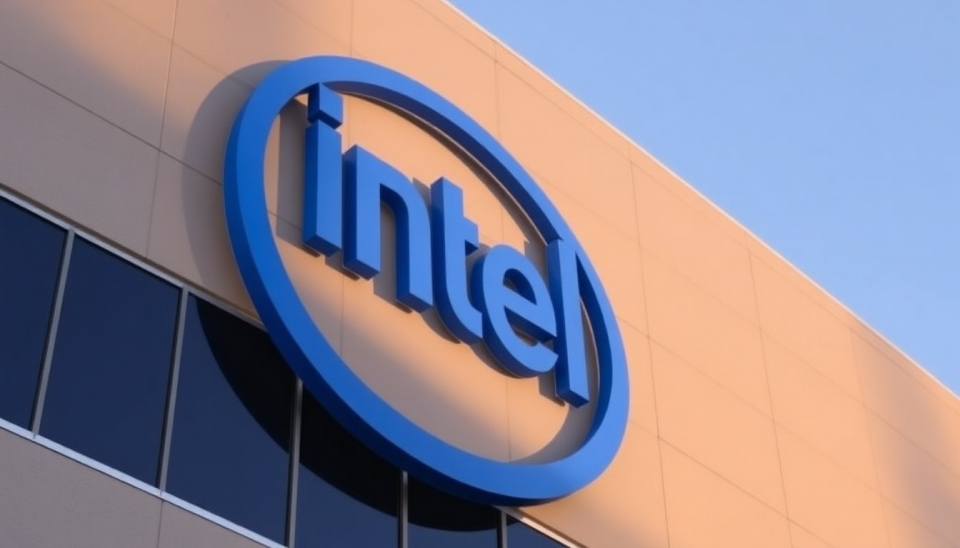
In a recent assessment of Intel Corp's financial and operational trajectory, analysts on Wall Street have expressed heightened skepticism about the tech giant's future prospects. This comes in the wake of Intel's ambiguous strategies and lack of a clear roadmap that could steer the company toward recovery and growth in a competitive semiconductor landscape.
Intel's latest earnings report revealed disappointing performance metrics, which have raised alarms among investors and industry watchers. The company's struggle to regain its footing in the semiconductor race—an arena increasingly dominated by rivals like AMD and NVIDIA—has led to a significant downgrade in its stock outlook by several major financial firms. Analysts pinpoint several factors contributing to this decline, notably supply chain challenges, production delays, and a failure to capitalize on the booming demand for advanced chips.
One major area of concern is Intel's transition toward newer manufacturing technologies. The company has lagged behind its competitors in rolling out cutting-edge chipsets that are essential for burgeoning markets such as artificial intelligence (AI) and data centers. Investors are worried that without a decisive and coherent strategy, Intel risks further erosion of its market share, which has already seen notable contraction in recent quarters.
Moreover, Intel's leadership change has added to the atmosphere of uncertainty surrounding the company. The recent appointment of a new CEO is perceived as a double-edged sword; while fresh leadership can inject innovative ideas and processes, it also bears the risk of disrupting ongoing projects and initiatives. Analysts are urging for a swift articulation of a revitalized strategic plan that can reassure stakeholders about Intel's capability to navigate through these turbulent market conditions.
Adding to the concern is the persistent economic backdrop that has been challenging for the tech industry. Inflationary pressures and fluctuating consumer demand have led to a cautious spending environment, making it imperative for companies like Intel to demonstrate agility and foresight in their financial planning and operational execution.
As Wall Street's confidence dips, Intel finds itself in an ongoing battle to regain investor trust. A failure to lay out a compelling vision for the future could lead not only to further declines in stock valuation but also might imperil the company’s potential to attract talent and secure vital partnerships that are essential for innovation and growth.
In conclusion, Intel’s current situation serves as a stark reminder of the importance of strategic clarity and market adaptability in the rapidly evolving tech sector. Without these essential components, Intel risks falling further behind its competitors, which would have long-term implications for its market position and financial viability.
#Intel #IntelNews #Semiconductor #TechInnovation #MarketTrends #WallStreet
Author: John Miller




